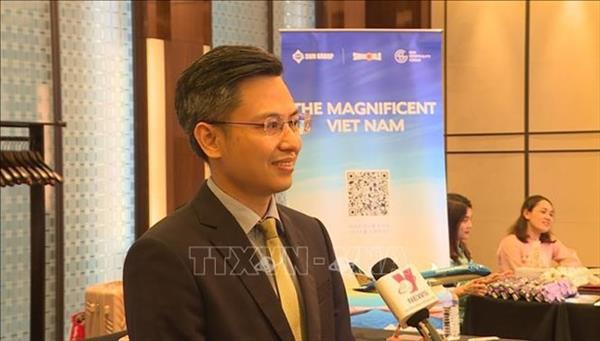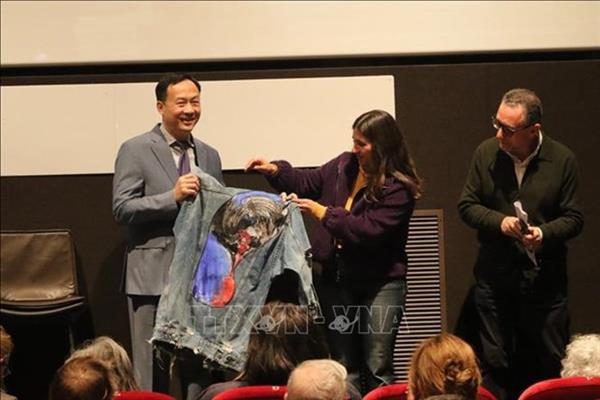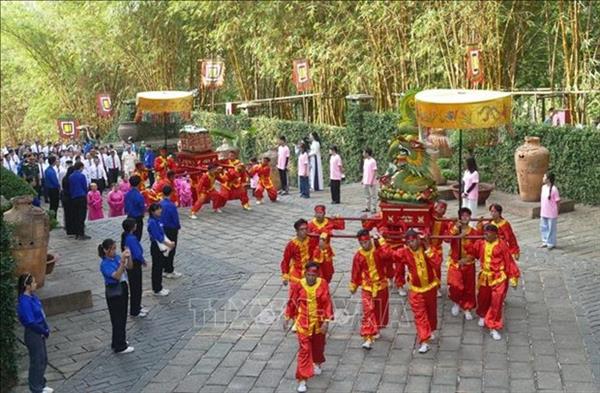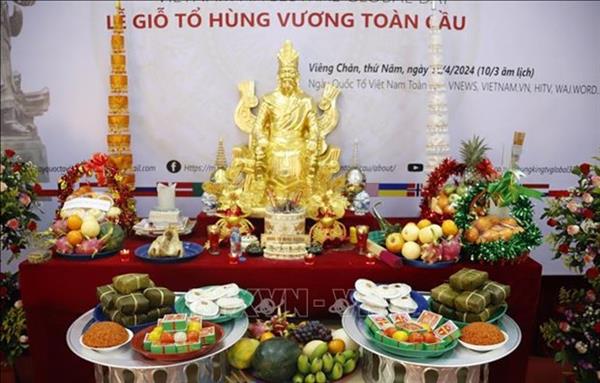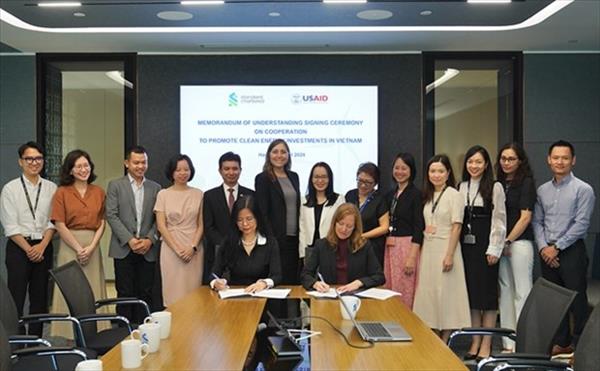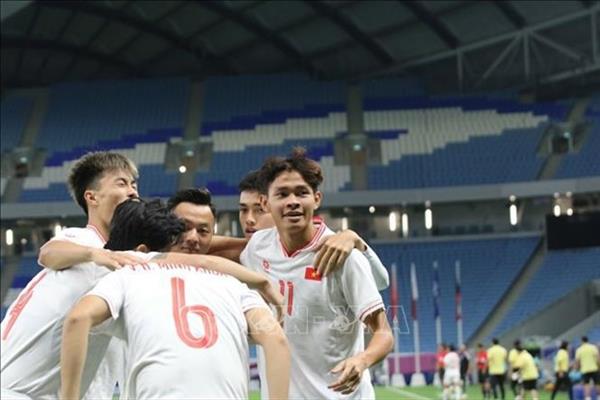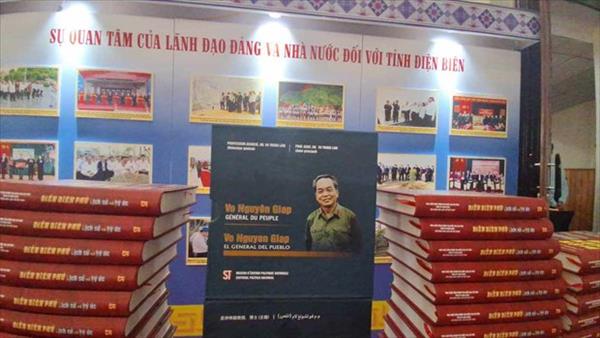Paris, May 20 (VNA) – The French Institute for International and Strategic Relations and the Gabriel Peri Foundation held a workshop in Paris on May 19 to highlight new tensions in the East Sea.
Scores of domestic and foreign lawyers, professors and diplomats were brought together at the event, the second of its kind, to help ease tensions in the East Sea .
Discussions focused on the region’s development since 2012, the role of the United Nations and international law, and relevant European policies.
The workshop clarified the context and factors affecting coastal nations in the East Sea; the role of geo-politics, security, and economics in the sea; and regional economic connection commitments such as free trade agreements and the Trans-Pacific Partnership agreement.
Notable developments in the East Sea highlighted at the event are China ’s unilateral claim of air defence identification zone over disputed waters with Japan and China’s illegal placement of its oil rig Haiyang Shiyou 981 in Vietnam’s exclusive economic zone and continental shelf in 2014.
Participants called on the European Union, including France, to join global efforts to deal with disputes in the East Sea based on international law and the 1982 United Nations Convention on the Law of the Sea.
They also recommended expanding cooperation frameworks in security and the military to ease tensions in the East Sea.
On May 18, a separate French Institute of International Relations held a seminar highlighting law and history perspectives to address East Sea issues.
Speaking at the function, Senior Associate Justice of the Philippines’ Supreme Court Antonio T.Carpio said China has no legal basis for its “nine-dash line” claims.
From the historical angle, members of the Chinese feudal Song Dynasty (960-1276) to Qing Dynasty (1644-1912) stated the southernmost point of China is Hainan island.
In 2002, ASEAN member countries reached consensus on the Declaration on the Conduct of Parties in East Sea, he said.
He added that the formulation of a Code of Conduct in the East Sea could serve as a mechanism to bring the involved parties to address their differences and limit conflicts.
Scores of domestic and foreign lawyers, professors and diplomats were brought together at the event, the second of its kind, to help ease tensions in the East Sea .
Discussions focused on the region’s development since 2012, the role of the United Nations and international law, and relevant European policies.
The workshop clarified the context and factors affecting coastal nations in the East Sea; the role of geo-politics, security, and economics in the sea; and regional economic connection commitments such as free trade agreements and the Trans-Pacific Partnership agreement.
Notable developments in the East Sea highlighted at the event are China ’s unilateral claim of air defence identification zone over disputed waters with Japan and China’s illegal placement of its oil rig Haiyang Shiyou 981 in Vietnam’s exclusive economic zone and continental shelf in 2014.
Participants called on the European Union, including France, to join global efforts to deal with disputes in the East Sea based on international law and the 1982 United Nations Convention on the Law of the Sea.
They also recommended expanding cooperation frameworks in security and the military to ease tensions in the East Sea.
On May 18, a separate French Institute of International Relations held a seminar highlighting law and history perspectives to address East Sea issues.
Speaking at the function, Senior Associate Justice of the Philippines’ Supreme Court Antonio T.Carpio said China has no legal basis for its “nine-dash line” claims.
From the historical angle, members of the Chinese feudal Song Dynasty (960-1276) to Qing Dynasty (1644-1912) stated the southernmost point of China is Hainan island.
In 2002, ASEAN member countries reached consensus on the Declaration on the Conduct of Parties in East Sea, he said.
He added that the formulation of a Code of Conduct in the East Sea could serve as a mechanism to bring the involved parties to address their differences and limit conflicts.
VNA/VNP

